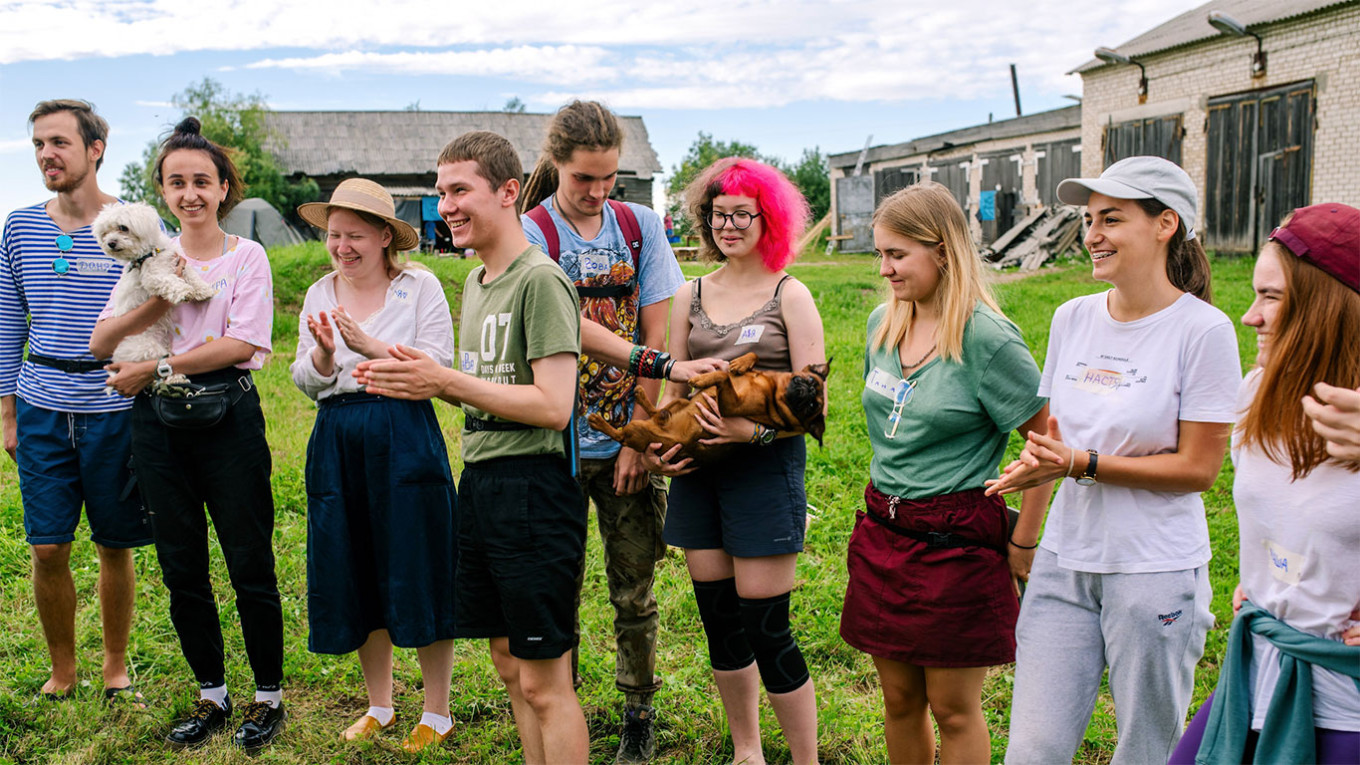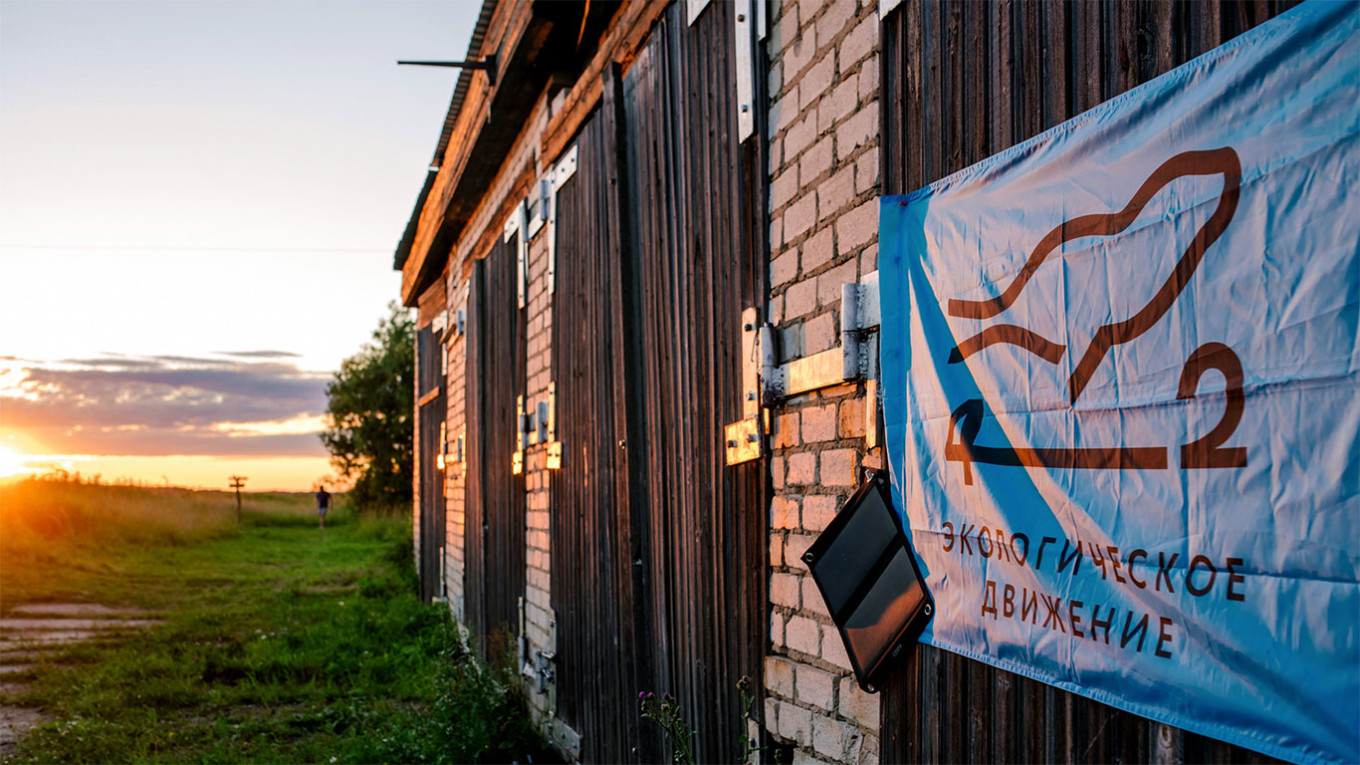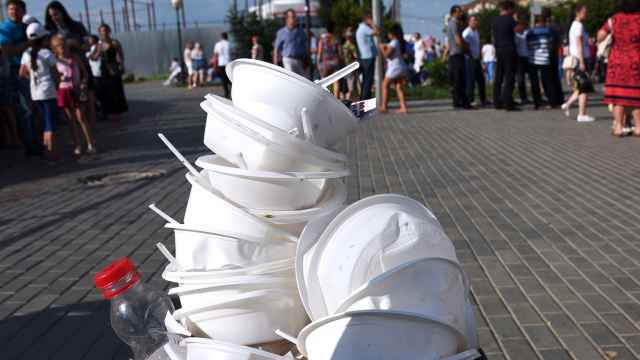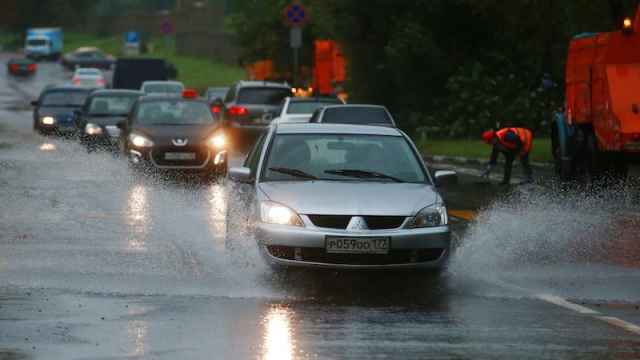The Russian environmental group Movement 42, based in Russia’s Arctic Arkhangelsk region, announced that it was ceasing its activities on Wednesday just one month after being designated a “foreign agent” by the Russian authorities.
“We consulted with lawyers and realized that it’s a big risk for us to continue to exist as an association”, the group said in a Telegram statement.
Movement 42 was founded in 2018 following the closure of its predecessor, Athos, an environmental group that worked in the region for 17 years before being forced to cease its activities in similar circumstances.
In the case of Athos, the authorities were apparently motivated to label the organization a foreign agent due to its work with the Norwegian environmental organization Natur og Undom.
Since its creation almost five years ago, Movement 42 had “repeatedly encountered attempts to discredit the association itself and its members,” the group said, culminating in its inclusion on the list of organizations deemed to be foreign agents by the Kremlin on Dec. 9.

The organization publicly stated their disagreement with the decision at the time, saying that they could be accused of nothing more than being “agents of nature.”
The group said that their inclusion on the register was likely linked to their calls on locals in the Arkhangelsk region to take part in public discussions about the proposed construction of a huge waste sorting complex in the region.
The closure of Movement 42 is the second serious loss for Russia’s environmental movement in the past month. In December Sakhalin Environment Watch (SEW), a veteran environmental watchdog in the Russian Far East, announced its closure after being labeled a foreign agent itself.
The law on foreign agents came into force in Russia in 2012 and originally targeted organizations that received funding from abroad. The legislation has undergone several amendments since then, most recently in December, when new rules were introduced allowing the authorities to assign the foreign agent label to any group or individual deemed to have fallen under “foreign influence” irrespective of whether they receive funding from outside Russia.
A Message from The Moscow Times:
Dear readers,
We are facing unprecedented challenges. Russia's Prosecutor General's Office has designated The Moscow Times as an "undesirable" organization, criminalizing our work and putting our staff at risk of prosecution. This follows our earlier unjust labeling as a "foreign agent."
These actions are direct attempts to silence independent journalism in Russia. The authorities claim our work "discredits the decisions of the Russian leadership." We see things differently: we strive to provide accurate, unbiased reporting on Russia.
We, the journalists of The Moscow Times, refuse to be silenced. But to continue our work, we need your help.
Your support, no matter how small, makes a world of difference. If you can, please support us monthly starting from just $2. It's quick to set up, and every contribution makes a significant impact.
By supporting The Moscow Times, you're defending open, independent journalism in the face of repression. Thank you for standing with us.
Remind me later.







